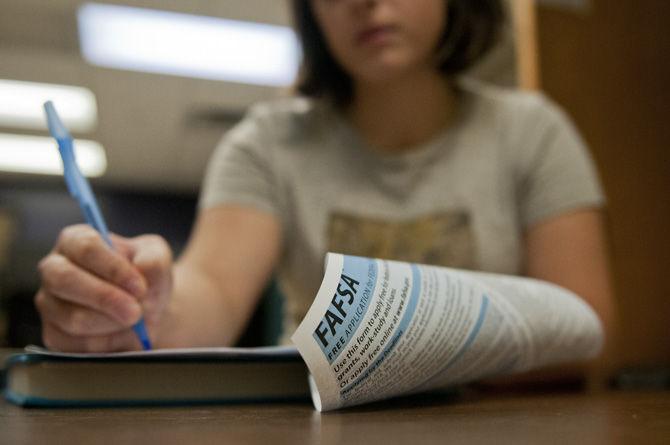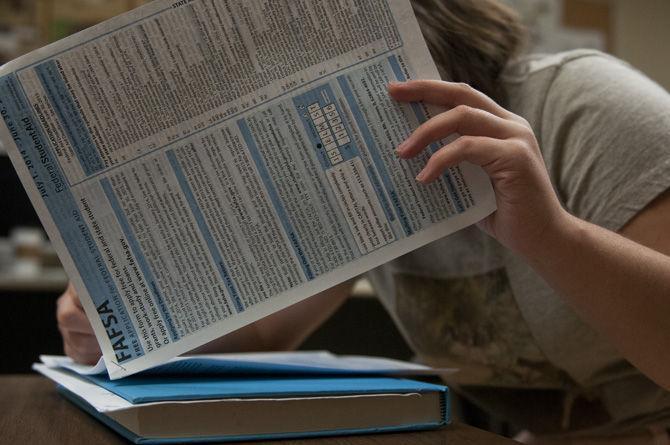The U.S. Senate Committee on Health, Education, Labor and Pensions will try to move the Higher Education Act’s reauthorization through Congress this fall. The bill aims to reform financial aid processes and help students and parents navigate college successfully.
Also to be debated is the Financial Aid Simplification and Transparency Act, which would whittle down the lengthy Free Application for Federal Student Aid to just two questions. FAFSA is required for students who receive both federal- and state-based aid, like TOPS and the Louisiana Go Grant.
The FAST act, authored by HELP Chairman Sen. Lamar Alexander, R-Tenn., and Sen. Michael Bennet, D-Colo., would dramatically reform FAFSA by only asking students how large their family is and what their family income was two years ago.
Currently, FAFSA poses about 100 questions to students and, if they are dependent, their parents. The answers are analyzed to provide the family with their “expected family contribution,” which determines the type and amount of aid they will receive.
About 2 million students nationwide eligible for Pell Grants fail to complete FAFSA, said Taylor Haulsee, deputy press secretary to Sen. Alexander, in an email to The Daily Reveille.
“The bill was introduced to simplify the process for receiving student aid, so students aren’t deterred from enrolling in college because of an overly complex form,” Haulsee said.
The HELP committee met in early August to discuss the Higher Education Act reauthorization and the FAST Act, and Alexander said during the meeting that low-income students are more likely to drop out.
He said the solution was to make the financial aid process easier and more efficient through the FAST Act.
The act would “discourage over-borrowing” by limiting the amount of aid students can receive based on enrollment, Haulsee said.
“For example, a part-time student would be able to take out a part time loan only,” Haulsee said.
When students do not know what aid is available to them, it creates a “huge hurdle” in Louisiana, said Sujuan Boutte, executive director of the Louisiana Office of Student Financial Assistance.
Research shows students who understand the type and amount of aid they will receive are more likely to attend college, she said.
“What we try to do is make the process less cumbersome by providing a lot of public information, providing hands-on assistance to students and families to be able to complete the FAFSA,” Boutte said.
Income-based repayment, which the FAST Act aims to expand, is a helpful option to students who leave school with debt, he said.
“It helps students to be able to contribute to the economy after if the majority of their usable income is not consumed by student debt,” Boutte said.
Most rates for income-based repayment options currently stand at 10 to 15 percent of the student’s discretionary income, while the LSU ratio of student loan payments to earnings is 5.3 percent, according to College Measures’ website.
Congress to move on FAFSA simplification
September 3, 2015
A student fills out the Free Application for Federal Aid (FAFSA) form on Tuesday, Sept. 1, 2015, in Hodges Hall.
More to Discover









